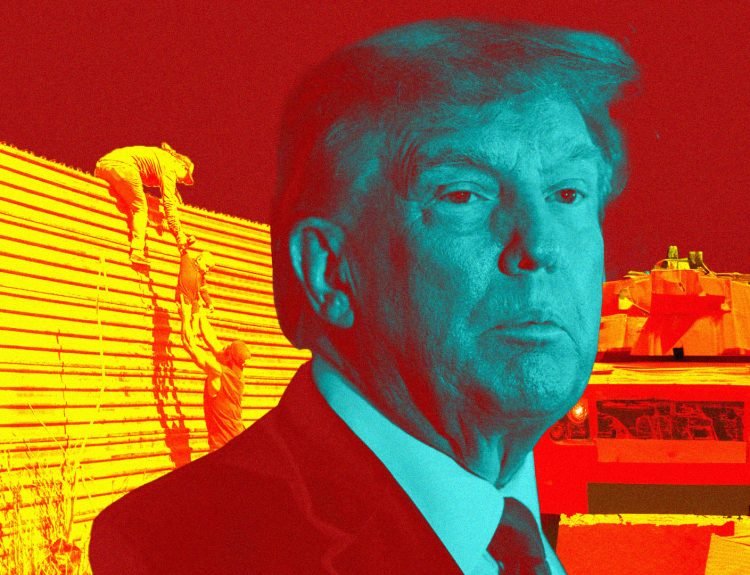The vote for president isn’t a popularity contest, but one movement believes that the most popular candidate should be the one calling the shots. The National Popular Vote Interstate Compact wants to push for this change, and recent movements in Maine have made it likely. Let’s see how this happened.
Maine’s Recent Law Moves the Compact Closer to Reality
Earlier this week, Maine Gov. Janet Mills allowed a bill to become law without her signature. The bill would take effect once the National Popular Vote Interstate Compact can gather pledges for at least 270 electoral votes—the number of delegate votes needed to elect a president.

The movement has now gathered pledges from 17 states and Washington, D.C., accounting for 209 electoral votes. While this represents significant progress, the Compact must secure additional pledges to reach the 270 threshold.
The Compact Aims to Change How Presidents Are Elected
The Compact seeks to guarantee that the candidate who receives the most popular votes in all 50 states and the District of Columbia wins the presidency. When there are enough states pledging their popular votes to meet the 270 Electoral College vote threshold, all the votes in those states will be added up to a national count that determines the winner of the election.
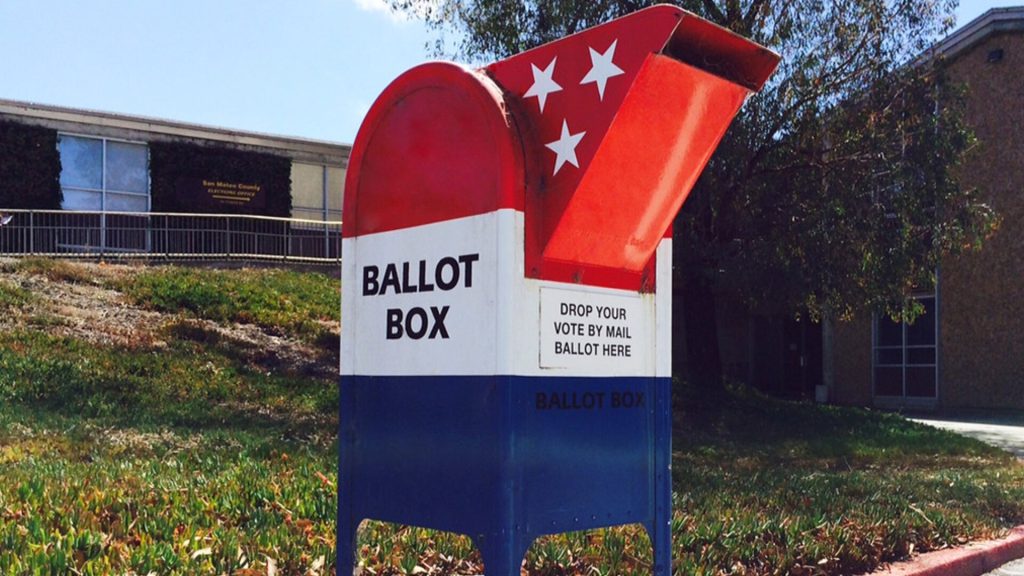
The Compact argues that this system will give each vote equal weight regardless of where a voter lives, addressing the imbalance in the current system, in which a small number of votes in a few states can decide the presidency.
Past Presidents Who Lost the Popular Vote
Five of the 46 presidents who came into office, including Donald Trump, lost the popular vote most recently in 2016. The Compact argues that not every vote is equal under the current system, citing the 2020 election, where a relatively small number of votes in key states could have altered the outcome despite Biden’s substantial national popular vote lead.
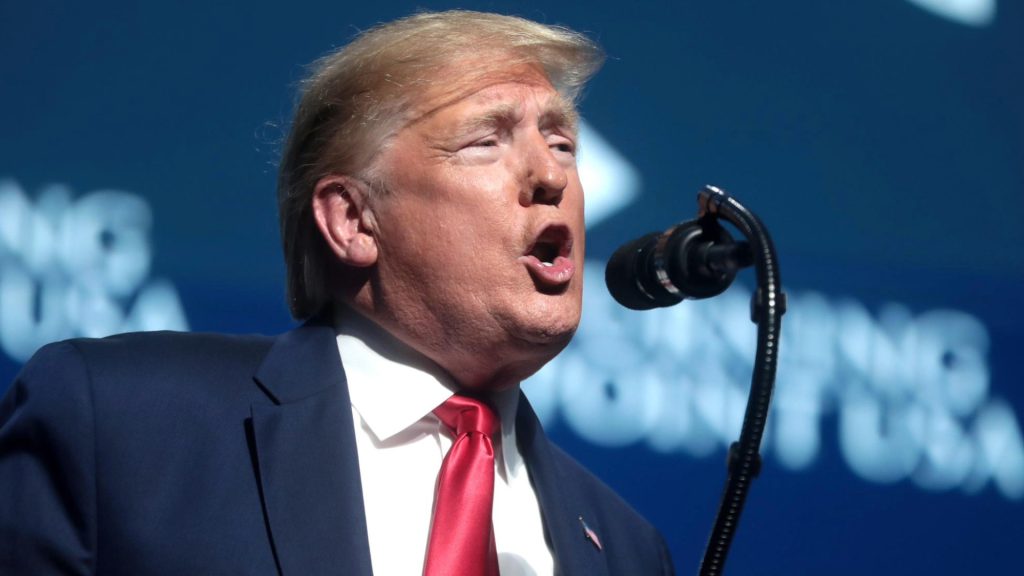
This, the Compact suggests, demonstrates a failing in the current electoral system. By ensuring that the most popular candidate wins, the system will have the person representing the people who they want representing them.
Partisan Divide on the Electoral College
One expert, Darrell West of the Brookings Institute, says that everything related to the Electoral College is controversial, and there is a partisan divide on the issue.
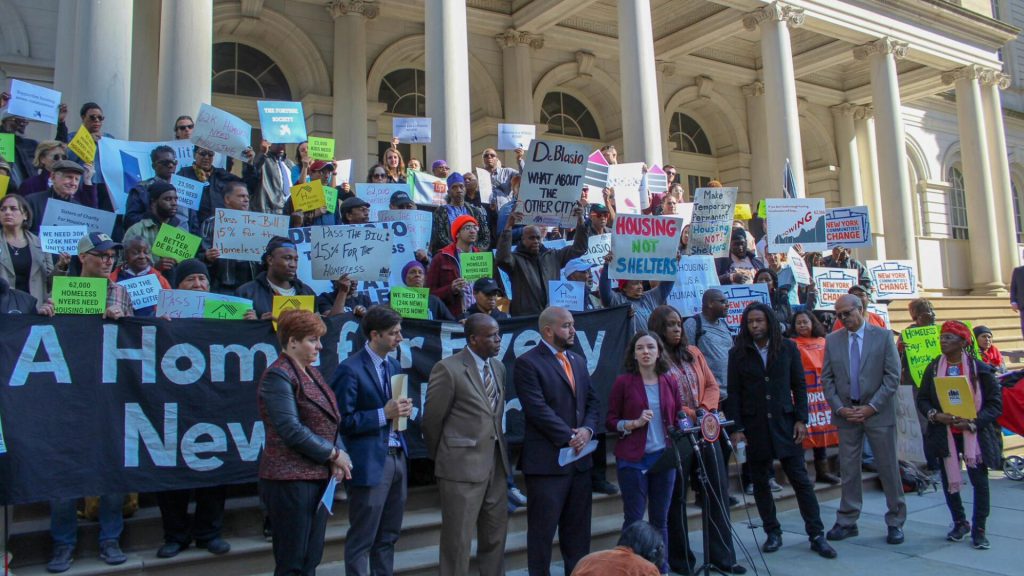
Many Democrats want to eliminate it, while more Republicans support it, as the Electoral College has recently favored Republican candidates despite their widespread vote deficits.
The Swing State Focus Under the Current System
West argues that the country currently only has a handful of swing states because of the Electoral College, so candidates spend most of their money and resources on that small number of states.

If the popular vote determined the winner, candidates would have to campaign more broadly across all states, requiring a lot more resources than are currently expended in the race.
The Constitutional Amendment Path
Experts say the most direct way to change how presidents are elected is to amend the U.S. Constitution, but this doesn’t currently seem to be feasible without a consensus between both parties.

A constitutional amendment requires a very large majority in Congress and ratification by the states.
Uncertain Legal Implications of the Compact
If the Compact reaches the 270-pledge threshold, experts say its implementation will be fraught with uncertainty and potential legal challenges.

One key question is whether it would require congressional consent, and there are also concerns about potential violations of equal protection laws.
Potential Litigation and Supreme Court Involvement
Law professor Derek Muller of Notre Dame Law School believes that if the Compact reaches 270 pledges, it will immediately face a series of legal challenges.

These challenges could potentially reach the U.S. Supreme Court, either through a state suing another state or through other legal avenues.
Historical Precedent: The 17th Amendment and Direct Election of Senators
About 100 years ago, before the 17th Amendment was passed, some states began holding “preference polls” for the public to signal their desired Senate representatives, even though the state legislatures still officially chose the senators at the time.
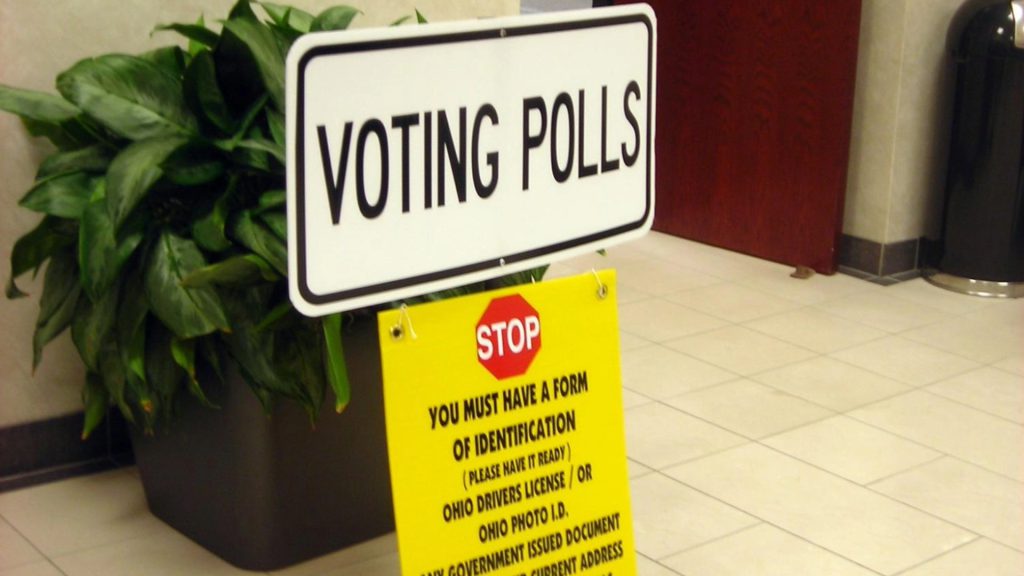
Eventually, some states began binding themselves to the results of these preference polls, effectively converting legislative elections into popular votes. This historical precedent could be an analogy for the National Popular Vote Interstate Compact, although a constitutional amendment was ultimately required to elect senators directly.
Term Limits and Supreme Court Rulings
More recently, some states unsuccessfully tried to implement term limits for members of Congress about 20 or 30 years ago.
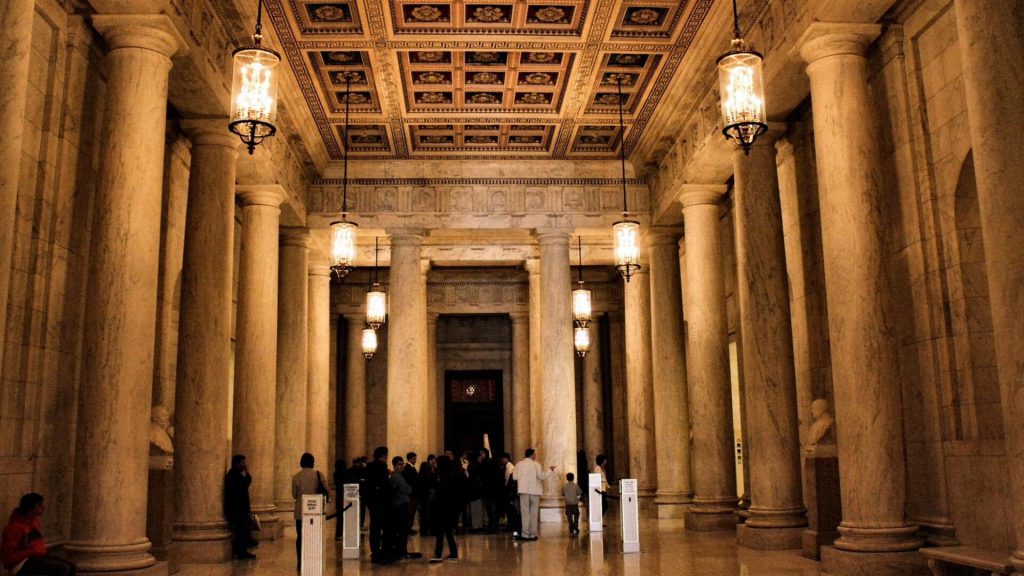
The Supreme Court ruled these efforts unconstitutional in 1995, further illustrating the potential legal hurdles facing the Compact.
Uncertainty Surrounding Implementation and Enforcement
While the Compact aims to change the way presidents are elected without a constitutional amendment, many open legal questions remain about how it would be implemented and enforced if enough states joined.
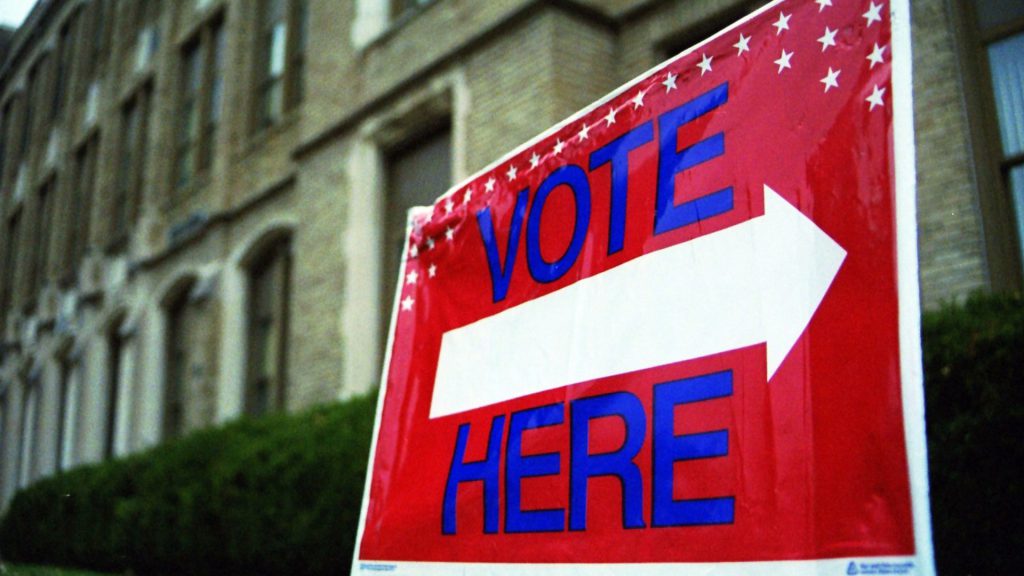
Experts warn that the legal situation is far from clear and could lead to protracted legal battles. A lot of people would not be happy to see the election process changed so drastically.
State Sovereignty and Congressional Oversight
There are also concerns about whether a state has the authority to unilaterally override the Electoral College system and whether such a Compact would require congressional oversight or consent.
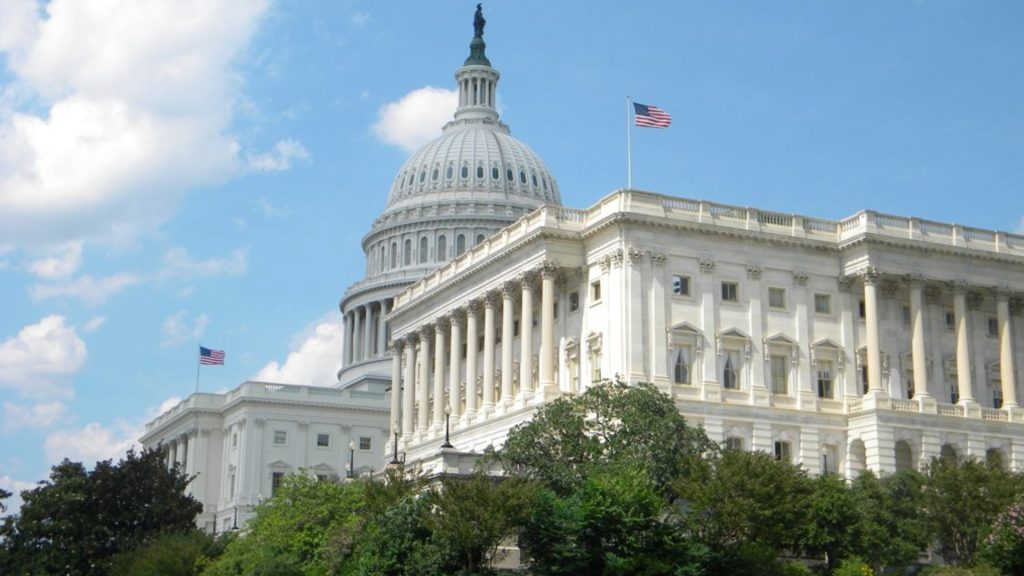
The legality of states binding themselves to the national popular vote results is an ongoing debate. The Electoral College was supposed to be a more fair way of determining representation.
Potential for Unintended Consequences
Critics of the Compact argue that it could lead to unintended consequences, such as further polarization and disenfranchisement of voters in certain states.

They also raise concerns about the potential for fraud and irregularities in a national popular vote system without robust safeguards and oversight.
The Path Forward: Consensus or Continued Controversy?
As the Compact continues to gain traction, it remains to be seen whether it will ultimately achieve its goal of replacing the Electoral College or face significant legal obstacles.
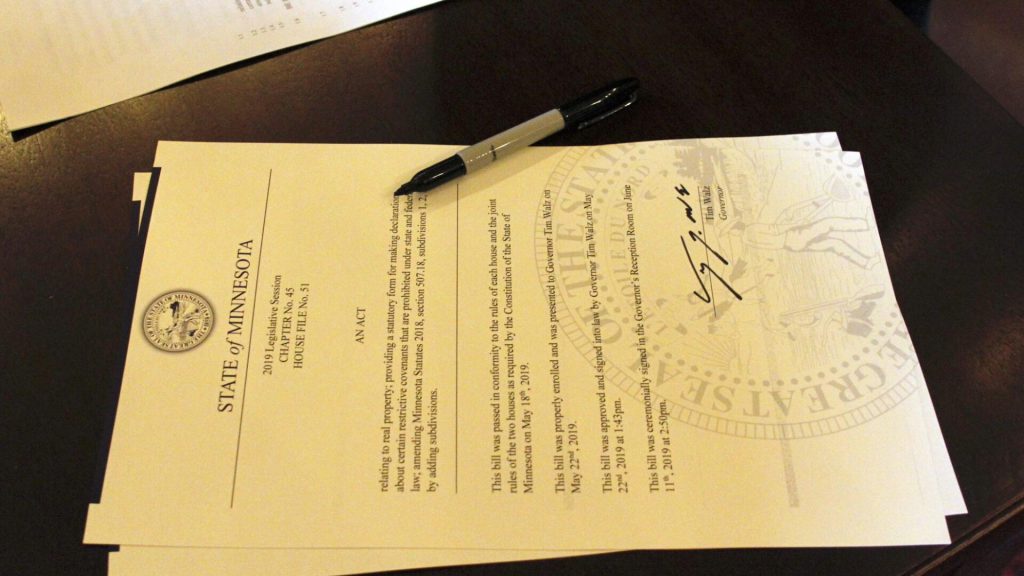
Much will depend on the ability of proponents and opponents to find common ground and address the various concerns surrounding the Compact’s implementation and potential consequences.




